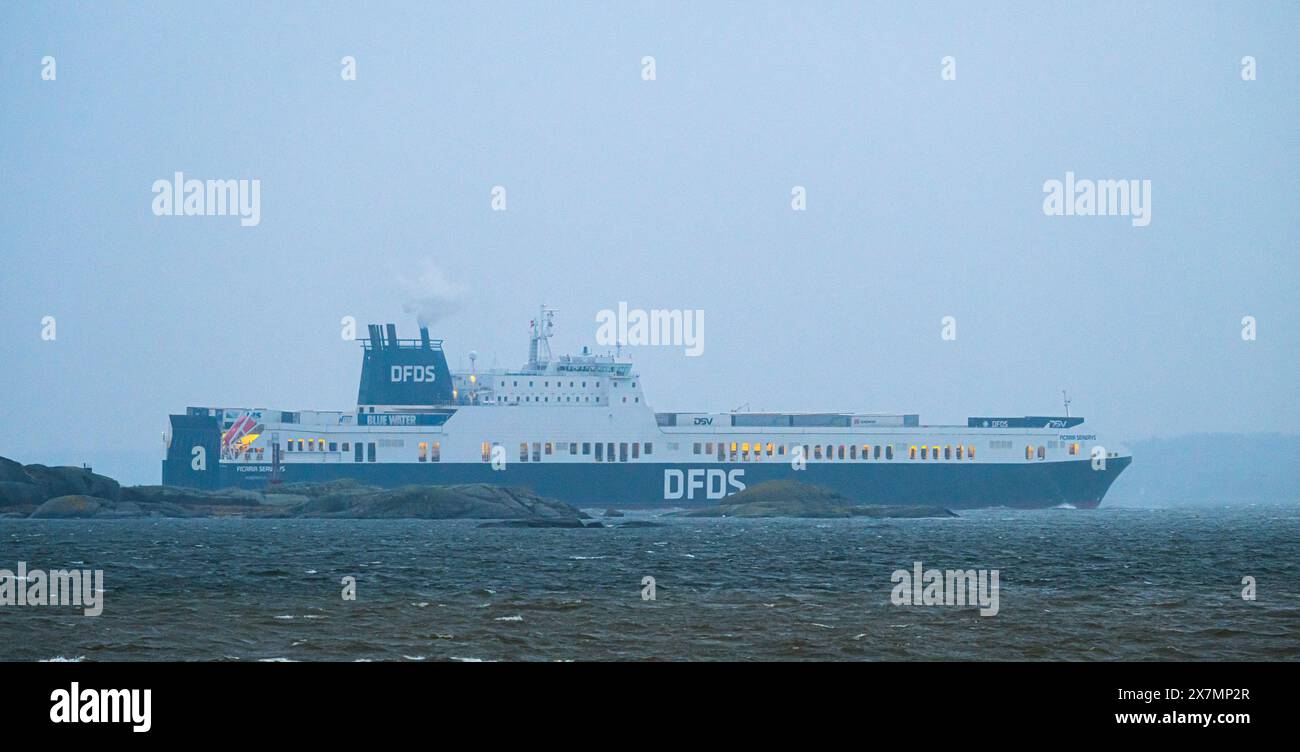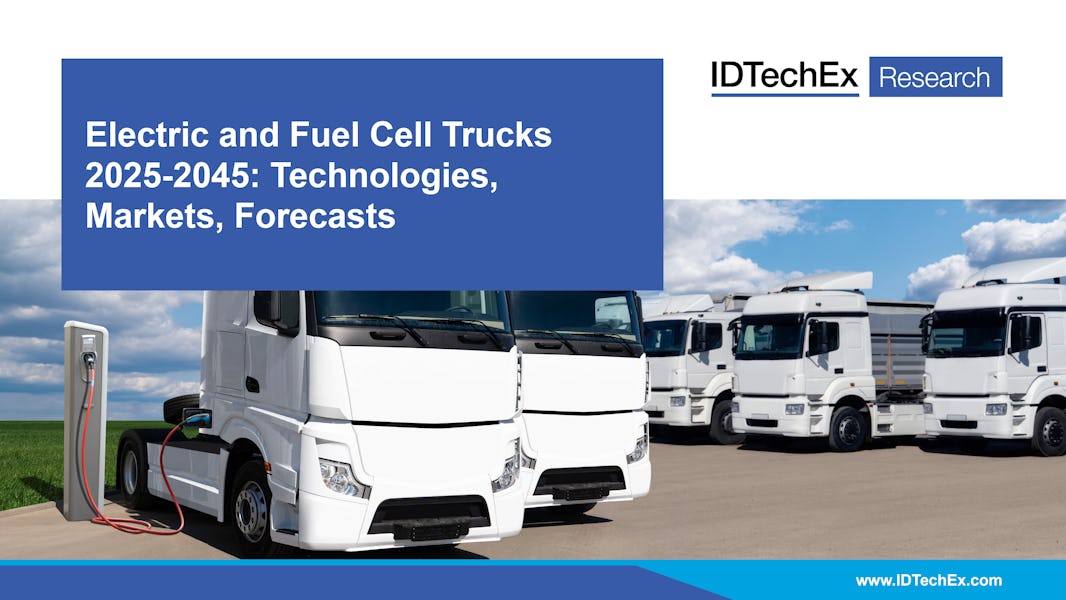Electric Vehicles Are Transforming Freight in Europe
The latest discussions at EVS38 in Gothenburg reveal a seismic shift in the logistics sector, highlighting Europe’s pioneering strides in electrifying heavy goods vehicles. Leading manufacturers like IVECO, Scania, Volvo, and Daimler showcased their electric trucks, equipped with up to 500 kWh of batteries and Megawatt Charging Systems capable of charging at 750 kW. The shift toward a dominant design in electric trucks signals a future where hydrogen is rapidly becoming obsolete, according to industry experts.
Shore Power Infrastructure Supports Electric Adoption
Logistics operator DFDS has set a precedent with its fleet of 70 electric prime movers at the Port of Gothenburg. Their early adoption was facilitated by a robust shore power infrastructure that has supported electric vessels for decades. This development is crucial for achieving sustainable logistics, particularly for short-haul routes, which can be completed within a single charge. Yet, the reality is stark: while back-to-base charging serves short trips, it fails to cater to long-distance needs without an expansive fast-charging network.

Gothenburg, Sweden - February 29 2024: Freight ferry DFDS Ficaria ...
Australia"s Regulatory Landscape Hinders Progress
Australia"s approach to driver fatigue management starkly differs from that of Europe, complicating the transition to electric trucks. With a mere 15-minute break required after five-and-a-half hours of driving, the implications for electric truck operations are profound. As electric trucks like those from Scania and Volvo begin to enter the Australian market, they face daunting challenges. The absence of robust charging infrastructure and the need for significantly more powerful charging to meet local regulations could deter manufacturers from investing in this market.
Long-Haul Trucking Needs Innovative Solutions
As the industry stands at a crossroads, three potential paths for long-haul trucking emerge. Hydrogen fuel cell trucks are being promoted by companies like Foton Mobility, but their practicality remains unproven in the competitive landscape. Battery swapping technology, currently being trialed by Janus and Solar H2E, presents a groundbreaking approach to logistics efficiency. Imagine a scenario where a truck pulls into a rest stop, unhooks from its trailer, and allows another driver to seamlessly continue the journey in a fully charged vehicle. This model, reminiscent of historical stagecoach operations, could redefine logistics in Australia.

Electric and Fuel Cell Trucks 2025-2045: Technologies ...
Urgent Need for Decarbonization
The urgency for Australia to accelerate the decarbonization of its logistics sector is undeniable. While Europe and China race ahead in adopting electric vehicles, Australia lags significantly. The logistics sector must embrace sustainable practices to combat climate change and ensure economic viability. The current regulatory framework must evolve to support electrification and innovative solutions, or risk being left behind in a rapidly changing global market.



![[Video] Gunfire between Iraqi security forces and Sadr militias in Baghdad](/_next/image?url=%2Fapi%2Fimage%2Fthumbnails%2Fthumbnail-1768343508874-4redb-thumbnail.jpg&w=3840&q=75)
